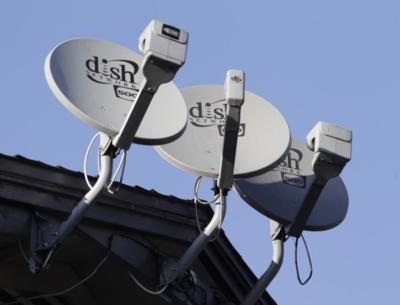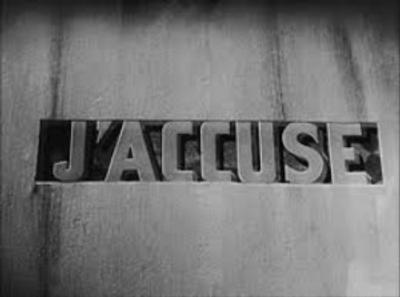Dish Network to Pay $150,000
In September 2023, the U.S. Federal Aviation Administration proposed a new set of regulations by which to mitigate the occurrence and proliferation of so-called space-junk left in the wakes of commercial space-launches undertaken by private concerns.

Comes now October 2023, and another U.S. governmental agency, the Federal Communications Commission (FCC), has levied the first-ever fine for space debris. The $150,000 penalty was assessed against satellite television provider Dish Network—reportedly over a failed deorbit.
In a press release, the FCC asserted it had reached a settlement with Dish Network following an investigation in which the agency allegedly determined the company had failed to “ … properly deorbit its EchoStar-7 satellite.” The FCC added: "This marks a first in space debris enforcement by the Commission, which has stepped up its satellite policy efforts, including establishing the Space Bureau and implementing its Space Innovation Agenda."
The term deorbit denotes the deliberate departure from orbit of a spacecraft or satellite, usually to enter a descent phase. Satellites may be deorbited along trajectories alternately conducive to their burning up upon atmospheric re-entry or impacting remote terrestrial or oceanic target zones.
The FCC noted, also, that its settlement with Dish Network included “an admission of liability from the company and an agreement to adhere to a compliance plan and pay a penalty of $150,000."

The FCC contended the ostensibly botched deorbit violated various and sundry agency rules, to include the somewhat vaguely-titled Communications Act. The Commission argued, also, that Dish Network transgressed against the terms of its space-launch license when the company relocated the EchoStar-7 satellite “to a disposal orbit well below the elevation required by the terms of its license." The FCC claimed the lower altitude to which Dish Network relocated the satellite could "pose orbital debris concerns."
FCC Enforcement Bureau chief Loyaan A. Egal remarked: "As satellite operations become more prevalent and the space economy accelerates, we must be certain that operators comply with their commitments. This is a breakthrough settlement, making very clear the FCC has strong enforcement authority and capability to enforce its vitally important space debris rules."
Launched by Dish Network in 2002, the EchoStar-7 satellite was to have remained in service through May 2022. In February 2022, however, Dish Network engineers determined the satellite had run worryingly low on propellant and was incapable, subsequently, of climbing to an altitude three-hundred-kilometers (984,252-feet) above its operational geostationary arc—as specified in the original orbital debris mitigation plan agreed to by the company and the U.S. federal government in 2012.

Critically-low on propellant, the satellite managed, just, to climb to an altitude approximately 122-kilometers (400,262-feet) above its operational geostationary arc.
In a statement of its own, Dish Network explained EchoStar-7, by virtue of its advanced age, " … had been explicitly exempted from the FCC's rule requiring a minimum disposal orbit."
The company averred: "The Bureau made no specific findings that EchoStar-7 poses any orbital debris safety concerns. DISH has a long track record of safely flying a large satellite fleet and takes seriously its responsibilities as an FCC licensee."
 ANN's Daily Aero-Linx (05.06.25)
ANN's Daily Aero-Linx (05.06.25) ANN's Daily Aero-Term (05.06.25): Ultrahigh Frequency (UHF)
ANN's Daily Aero-Term (05.06.25): Ultrahigh Frequency (UHF) ANN FAQ: Q&A 101
ANN FAQ: Q&A 101 Classic Aero-TV: Virtual Reality Painting--PPG Leverages Technology for Training
Classic Aero-TV: Virtual Reality Painting--PPG Leverages Technology for Training Airborne 05.02.25: Joby Crewed Milestone, Diamond Club, Canadian Pilot Insurance
Airborne 05.02.25: Joby Crewed Milestone, Diamond Club, Canadian Pilot Insurance





